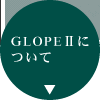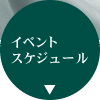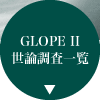予定表 -詳細情報-
| 件名 | LS 高見典和氏 |
| 開始日時 | 2012年 6月 12日 (火曜日) 12時15分 (GMT+09:00) |
| 終了日時 | 2012年 6月 12日 (火曜日) 12時50分 (GMT+09:00) |
| 場所 | 1号館401教室 |
| 詳細 | 【報告者】高見典和氏 (日本学術振興会特別研究員(PD)) 【タイトル】The Sanguine Science: Historical Contexts of Pigou’s Welfare Economics 【概要】 This study concerns historical contexts in which A.C. Pigou (1877-1959), a Cambridge economist who held the full professorship in economics in 1908-1943, wrote one of his major works Wealth and Welfare in 1912 (this year is the first centenary). I intend to bring out how Pigou perceived a contemporary political trend and focus on three channels through which he faced politics in the period between his matriculation in Cambridge and the publication of that book: First, the tariff controversy started by Joseph Chamberlain in 1903, second, public debate with an outright anti-socialist Harold Cox in 1909, and third, students' socialist movement in Cambridge University in 1906-14. Through the discussion on these issues, I attempt to link this series of historical episodes centered on A.C. Pigou with the science studies literature on co-production, which calls attention to reciprocal simultaneous influence between society and science. *The talk will be given in English. |
| カテゴリー | 政治経済学基礎セミナー・ランチタイムセミナー |








